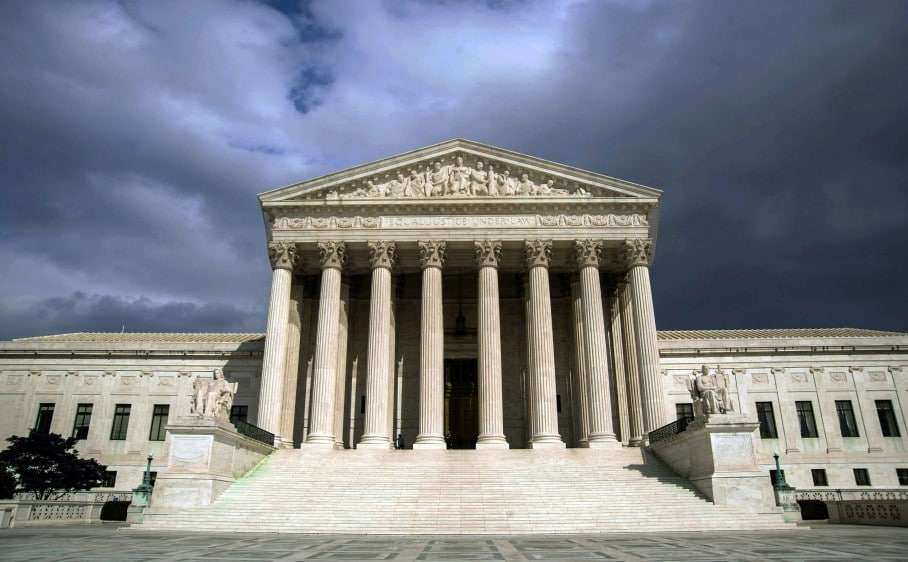The Volokh Conspiracy
Mostly law professors | Sometimes contrarian | Often libertarian | Always independent
Abortion returns to the Supreme Court

Today, the U.S. Supreme Court agreed to hear Whole Woman's Health v. Cole, a constitutional challenge to Texas's stringent abortion clinic regulations. The addition of this case to the court's docket ensures that the 2015-2016 term will be a blockbuster. Other cases the court is slated to hear address affirmative action in higher education, the constitutionality of mandatory contributions to public sector unions and the application of the so-called "contraception mandate." It also sees likely that the Supreme Court will consider the state challenge to the Obama administration's immigration reforms.
The questions presented in Whole Woman's Health concern whether restrictions on abortion providers that have the effect of significantly reducing the number of available clinics constitute an "undue burden" on a woman's right to an abortion under Casey v. Planned Parenthood, and whether, when conducting the "undue burden" analysis, courts should consider whether the restrictions in question actually serve the asserted state interest in protecting women's health. While these are the specific questions before the court, it's possible that it will take the opportunity to consider the broader question of whether Casey and Roe v. Wade were correctly decided. In other words, this case could reveal whether there are more than two votes on the court (Scalia and Thomas) to revisit the question of whether there is, in fact, a constitutional right to obtain an abortion.
While I expect antiabortion organizations and several states to push the court to revisit Casey and Roe, I do not believe that either is threatened by this case. Justice Anthony Kennedy co-authored the controlling opinion in Casey, and I would expect him to hold fast to his understanding of what Casey means. That is, I would expect him to apply Casey narrowly, much as he did in Gonzales v. Carhart, in which the Supreme Court upheld the federal prohibition on "partial birth abortion." This means that Whole Woman's Health will be a close case, and I would not be surprised were the challenges to prevail. While Casey allows for quite extensive regulation of abortion, I am not sure it permits the sorts of regulations at issue here. We should know for sure by the end of June.


Show Comments (0)